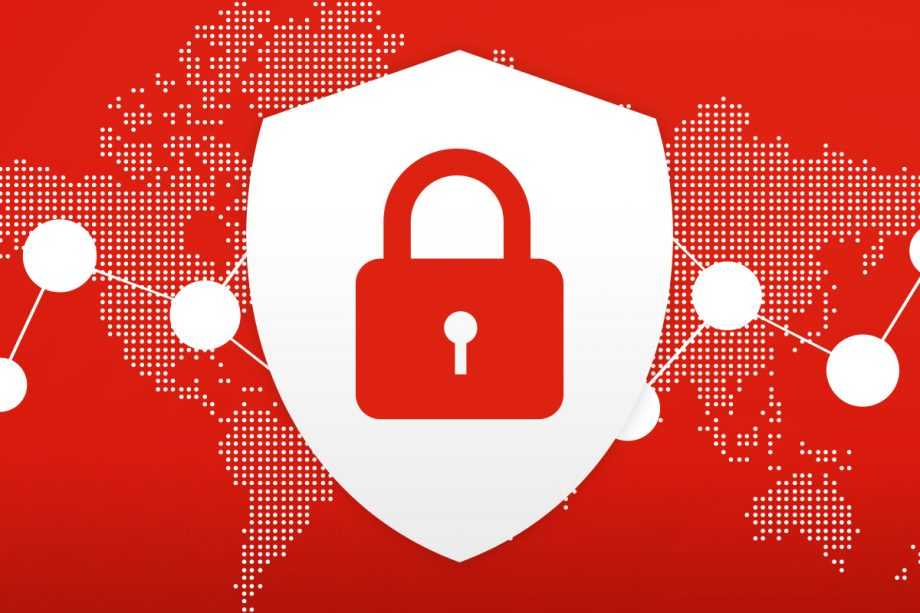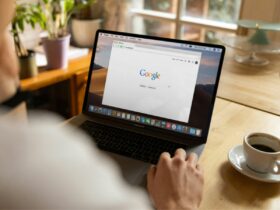Let’s find out what a VPN is for and what are five uses, and their advantages, of using a trusted virtual private network
Anyone who regularly surfs the internet will surely have heard of VPNs or just stumbled upon an advertisement or through word of mouth. But what is a VPN? What can it be used for? What are the best VPNs? What does this acronym mean?
A VPN is a tool that allows a computer to be connected to a remote server and it does so by isolating the traffic generated by the user and his remote server. It is therefore a path, a tunnel, which is created in the passage of the data flow between the connected user and the vast world of the web. This traffic will be encrypted with the release of a new, temporary IP, which will change with each new connection.
VPN networks can be used on any device, whether it be a PC, a tablet or a smartphone (Android and iOS), in short, on any device with an internet connection.
In a nutshell, a VPN allows you to avoid analyzing your traffic as well as protecting your data, since you are not directly connected to your IP but to that of a server, located elsewhere in the country or in the world.
With a VPN, only the VPN server can trace the user as he is the only one who knows his real IP. This is also the reason why this tool is being used more and more for downloading. Especially in a historical moment like this in which we mainly work in smartworking and are connected with interlocutors from all over the world.
The best way to fully define what a VPN is is to explain how it works.
How a VPN works
Every VPN service provider has a network of servers around the world, and when you hook up to a VPN, everything you do on the internet is filtered out first.
This is termed tunneling process (via different protocols such as OpenVPN, IPSec, L2TP, IKEv2, etc.). Instead of going through your internet service provider that receives your request and delivers the website you want to visit, the traffic goes through the secure and encrypted tunnel to make you completely anonymous. In passing, you then get the IP address of the server you are connected to.
To decrypt the information coming back from the server, your VPN client installed on your device has the decryption key. In all of this you see absolutely nothing, everything happens without you noticing and there is only one thing you need to remember: once the VPN is activated, your traffic becomes anonymous.
But now let’s see concretely what are the advantages of using a VPN.
Protect your data with a VPN
One of the main reasons for using a VPN is this: a VPN you have the sicure. By connecting to an IP address, which is not yours, a VPN makes it impossible to hack your data. Today, the best VPNs have advanced encryption protocols that protect your data and ensure your anonymity on the web. You will thus be able to browse in complete safety.
Enjoy streaming anywhere
More and more online streaming services such as Amazon, Netflix or Discovery +, operate by geo-blocking. To put it simply, if your IP address is in Italy, you can’t use Netflix US. With a VPN, no more of these problems. You just have to connect to an American server and you will be geolocated in the United States, for example. It also works for all your TV channels, which have the same geographic restrictions. In short, put your IP address wherever you want, according to your needs.
Stay anonymous while browsing the web
If there is a difficulty on the web, it is that of anonymity. All your comings and goings of searches and sites you consult are constantly monitored, tracked and reused for marketing and sometimes political purposes. If you want to keep some form of freedom while browsing the web, you will appreciate the VPN.
Instead of transmitting your personal IP address, that of the server you connect to via VPN will be tracked, which is visible and analyzed by the sites you visit. Thus, with the VPN, you guarantee your anonymity and you can browse in complete peace of mind without being invaded by commercial cookies.
Bypass geo-blocks
If you travel abroad or are at work or connected to a public wifi network, some sites may be blocked. This is often the case with social networks like Facebook or YouTube. With a VPN you can get around all these blocks, always with the same principle of “making believe” that one is elsewhere.
Take advantage of the best rates
How many times has the hotel or flight you spotted a few hours earlier doubled the price when you return to the booking site? All this because your navigation leaves traces. And how many times a product you want to buy costs less on a retailer’s American platform than the Italian one, and is available with great advantage?
With a VPN, you won’t be able to suffer this kind of injustice as your IP may have changed with each browsing. You are therefore sure to benefit from the best prices at all times.















